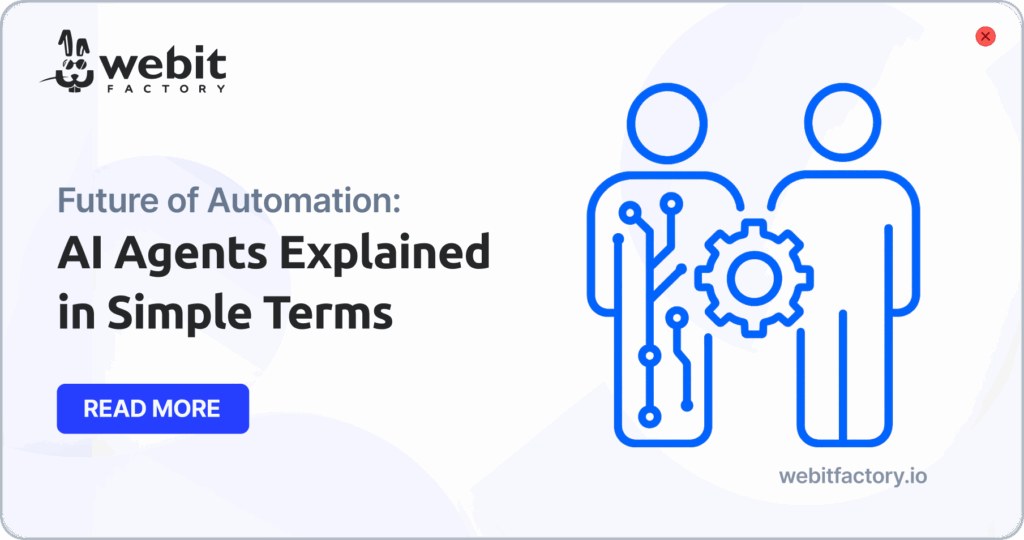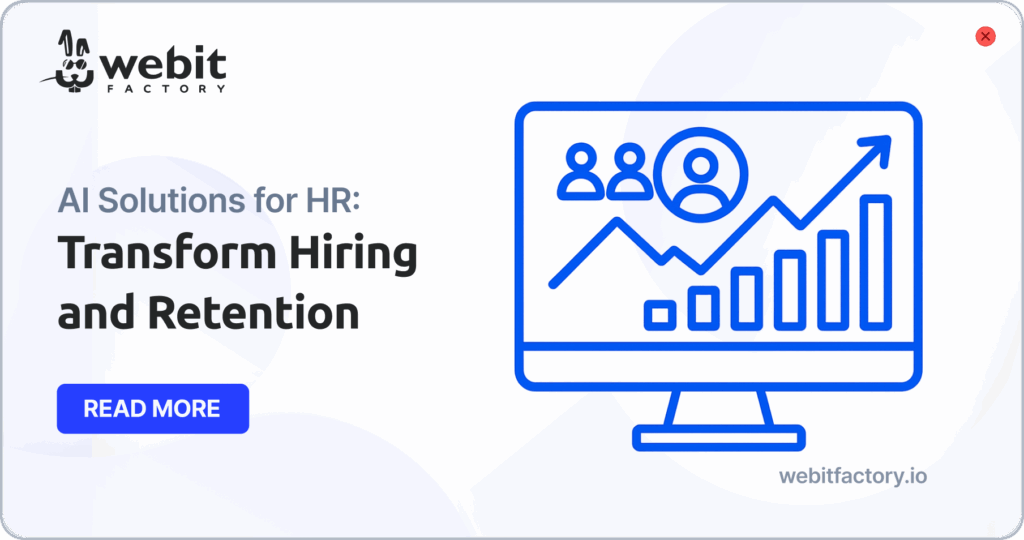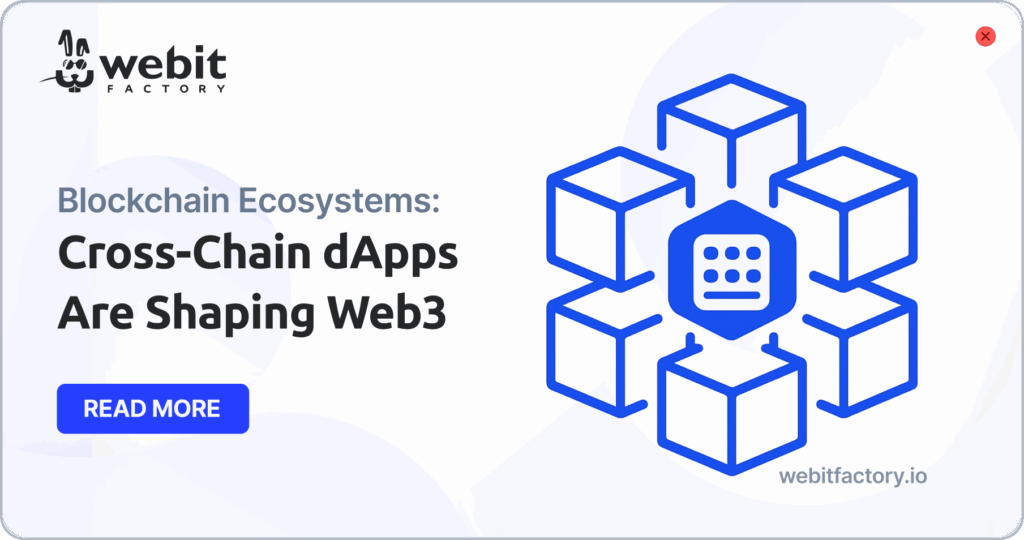AI tools for project planning are changing how teams build and execute strategies. When timelines are tight and complexity grows, traditional methods don’t always cut it. Intelligent tools now help teams stay ahead by forecasting risks, adjusting in real time, and planning smarter. This shift isn’t just a tech upgrade, it’s a smarter way to work.
Benefits of AI Tools for Project Planning
AI is changing the game for project planning. Instead of reacting to problems after they happen, teams can now plan with a forward-looking lens. The goal? Make better decisions, faster. The move from manual planning to AI-driven workflows makes sense. Traditional tools lean heavily on static data and fixed schedules. AI brings in adaptability, learning from historical data to suggest better timelines, predicting risks early, and assigning tasks based on real availability and skills.
This also leads to better collaboration. When AI helps surface potential bottlenecks early, teams can have more informed conversations and shift resources more strategically. It empowers project managers to lead proactively, not reactively. According to Planview, AI-enhanced planning systems analyze past data to fine-tune schedules, match people with tasks, and even scan documents to catch risks using natural language processing.
What Makes AI Tools for Project Planning Effective
What makes AI planning tools stand out? It’s not just automation, it’s their ability to think ahead. These systems spot inefficiencies before they become roadblocks.
Key features include:
- Predictive analytics for delays and budget issues
- Dynamic timeline adjustments based on real-time inputs
- Automated resource management that reduces bottlenecks
It’s this combination of foresight and flexibility that gives AI an edge. Rather than sticking to a rigid path, these tools adapt as new data comes in, something traditional Gantt charts can’t do. You don’t just get a plan; you get a plan that thinks. As SuperAGI notes, AI tools dig into your data to generate project plans that evolve with you, not around you.
From Templates to Intelligent Project Planning
Today’s AI tools go way beyond pre-built templates. They adapt, evolve, and respond to change. Think of them as copilots rather than spreadsheets. Older systems stick to fixed structures. AI, on the other hand, uses real-time data and scenarios to adjust priorities and simulate different outcomes. It doesn’t just tell you what to do, it helps you figure out what’s most likely to work.
It also creates space for more creative problem-solving. When repetitive planning tasks are handled by smart systems, project teams can spend more time evaluating high-impact decisions and exploring new approaches. Waydev explains how AI agents can anticipate resource needs and suggest better plans while still leaving the final call to project leads.
Designing AI for Dynamic Workflows
Building smart planning tools isn’t just about clever code. It’s about creating a system that evolves with your projects. That means flexibility, clear data pipelines, and built-in checks To make AI work at scale, tools need modular components that can handle specific tasks, centralized data for consistency, and governance features to keep everything in check. These aren’t just best practices, they’re essentials.
And they’re also what makes these systems customizable. A modular architecture means different teams can tailor the tools to fit their workflows, whether it’s a small product team or an enterprise-level program. TechRadar highlights how Agentic AI uses autonomous agents in modular setups to boost scalability and resilience in complex project environments.
The Future of AI Tools in Project Planning
AI is no longer just a helper, it’s becoming a partner. With the ability to simulate outcomes and recommend next steps, AI tools are shaping how decisions get made. Looking ahead, we’ll see AI agents working together using new communication protocols, platforms built for scale, and planning tools that run simulations in real time. The possibilities are opening up fast.
What’s especially exciting is the potential for agent-to-agent collaboration. Imagine project planning systems that troubleshoot, delegate, and optimize among themselves, freeing up human teams to focus on strategy and innovation. The Wall Street Journal reports that businesses are already exploring AI teams that collaborate with minimal human input, though human oversight remains crucial.
AI tools for project planning aren’t just improving old systems, they’re rewriting how planning works. By making decisions more predictive, data-driven, and flexible, these tools are setting a new standard. For teams ready to lead rather than follow, investing in smarter planning isn’t just a good idea, it’s a competitive edge.
And as AI capabilities grow, so will the opportunity to tailor these systems to your exact needs. That’s not just innovation, it’s the future of effective project management.
Want Smart Project Planning?
Related Articles

AI Agents Explained in Simple Terms
Discover what AI agents are, how they work, and why intelligent agents are reshaping automation across industries.

AI Solutions for HR That Transform Hiring and Retention
AI solutions for HR are transforming hiring and retention with faster recruitment, better cultural fit, and lower turnover rates.

Cross-Chain dApps Are Shaping Web3
Cross-chain dApps are shaping Web3 by streamlining UX, improving contract monitoring, and bridging fragmented blockchain ecosystems.
